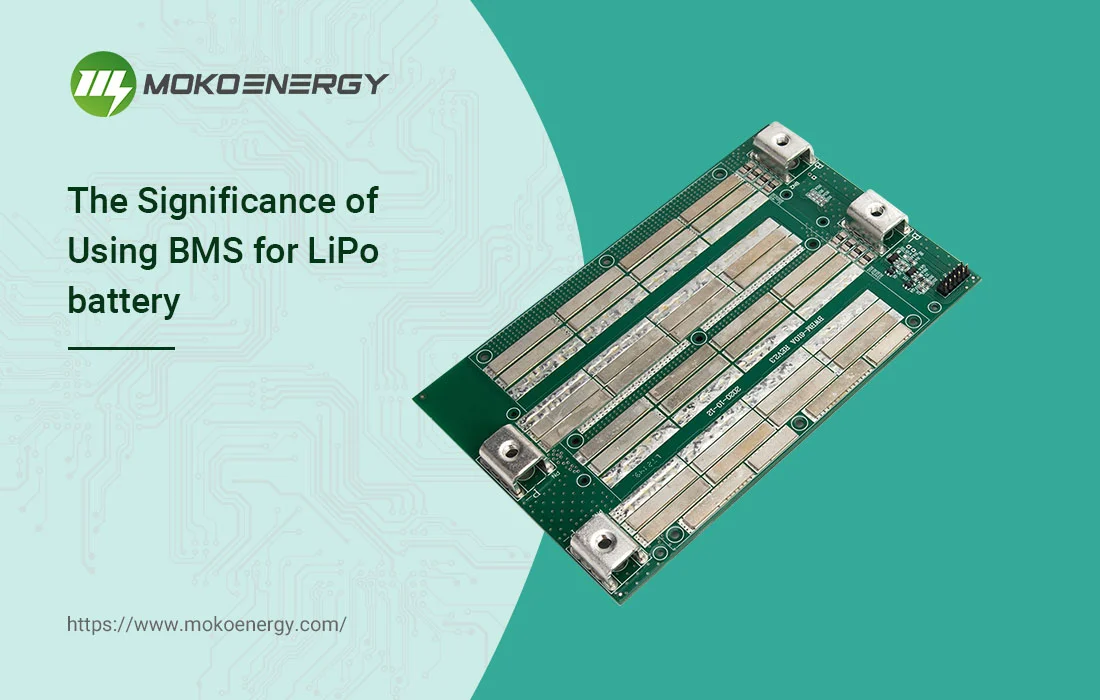There are several reasons why the BMS can cause the battery system to shut down:
- Excessive load: The load (500 watts) is considerable for all-night operation and requires at least 5,000 watt-hours of fully rechargeable battery or 400 amp-hours (Ah) of battery capacity in a 12-volt system. To solve this problem, minimize the load. Consider also increasing the battery capacity or installing more PV cells for additional energy storage.
- Low Voltage: It is true that when connecting two 12-volt batteries in series you get a 24-volt system. However, the BMS system can still monitor individual cell voltages or have settings based on a 12-volt battery configuration. As a result, the BMS may see 11.8 volts on one of the batteries as a low voltage condition, triggering a shutdown.
- Low SOC: When a battery is discharged, the voltage drops gradually. Typically, in the low SOC range of lithium batteries, the voltage may be around 3.0 volts to 3.5 volts. Therefore, the voltage levels of 12.9 volts and 11.8 volts may correspond to the lower SOC of the battery. This may be one of the reasons for the BMS shutdown, as Li-ion batteries are susceptible to damage from over-discharge in a low SOC state, and in order to protect the battery the BMS may take steps to stop the system.
MORE: Does a passive BMS overly drain a lithium-ion battery when left idle?




